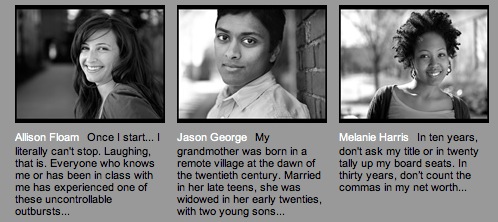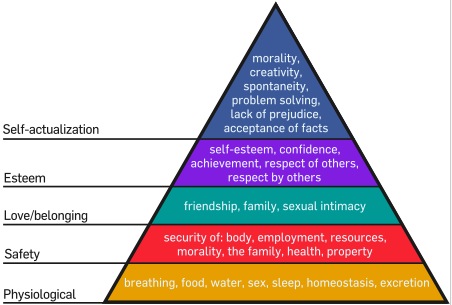The “goals” question remains the core of any MBA admissions application. Continuing on past posts I’ve put up here on how to manage it — beyond the usual blah of clearly enunciating your short-term and long-term goals and connecting that to why you need an MBA — here’s something worth considering on the HBS site: the Harvard Business School Portrait Project.
.

Harvard Business School (not HBS Adcom) says: “Each year we ask our classmates [this year class of 2009] a straightforward, simple question taken from the last lines of a poem by Pulitzer Prize-winning author, Mary Oliver. It seems such an easy question on the surface, but sometimes the easy questions are the hardest to answer. Indeed, although we ask for only 200 words or less, most people grapple with the question a long time. We share with you intimate and candid responses from the Class of 2009 to this question,”What is it you plan to do with your one wild and precious life?” See what the students plan to do.
Now, consider the HBS goals essay: “What is your career vision and why is this choice meaningful to you?”
What is “career vision?” In their terms, what does “vision” mean? What does “meaningful” really mean? What do they expect of you? What will, as they say, ‘cut the mustard’ in this essay?
In fact, “What is your career vision and why is this choice meaningful to you?” is effectively asking the same thing, that is: “What is it you plan to do with your one wild and precious life?” You may say you want to be a hospitality logistics manager or an aviation entrepreneur … or anything. There’s no right or wrong answer. The point is why is it worth spending your one wild and precious life on? You have to justify it in those terms. That’s how you make it into a right answer.
This is true of the goals essay to any top school, not just Harvard.
For the Portrait Project HBS students get 200 words. For the HBS admissions essay you get 400 because you need to spend time nailing down how ‘what you plan to do with your one wild and precious life’ makes sense in terms of your past, the Harvard MBA specifically, and recruitment.

